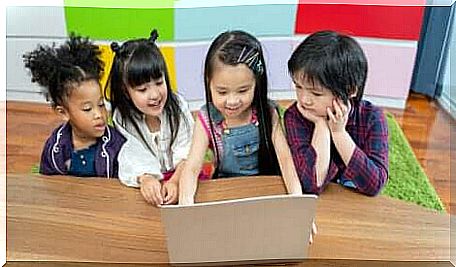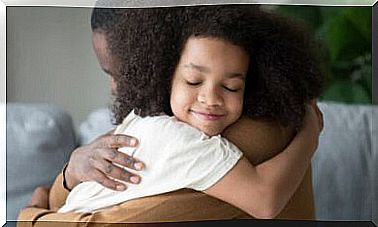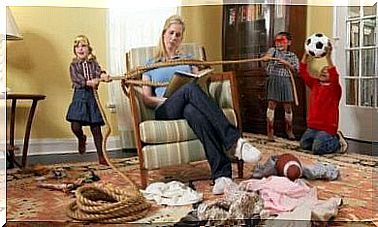What Is Incidental Education? – Being Parents

The aim of incidental education is to develop the learning produced during activities and situations of daily life and to benefit from it. Whether in the family or at school, incidental education involves the use of everyday situations so that children, still small or at older ages, learn concepts and behaviors.
Incidental learning
There are disagreements about the differentiations between informal learning and incidental learning. As José Luis Illera states in the article Informal Education, Daily Life and Tacit Learning, “the sub-divisions between the forms of informal learning are difficult because they are unclear”. With both forms of learning, both informal and incidental, we sometimes learn at the same time as formal education.

The author also writes that one learns simultaneously, explicitly and implicitly, at school and in everyday life. The difference in learning outcomes, embedded in the form of knowledge, just has a different social consideration.
In this line of thought, we notice the importance of informal or incidental learning. These learnings take place unconsciously and, for the most part, cannot be verbalized.
Nevertheless, it is learning that constitutes real knowledge. Knowledge which, if acquired informally or incidentally, changes and influences cognitive and social patterns of perception and action.
Characteristics of incident learning
- It is a learning that occurs on a daily basis, day after day, in family and professional moments, situations and contexts.
- This learning is linked or connected to activities, experiences or situations which, in principle, are unrelated.
- It is acquired from observation, experimentation, contact and relationship with environments and people.
- It is unintentional, unplanned learning without concrete goals or deadlines.
- It can also occur from contact and interaction with the media.
- The basis of incident learning is unstructured exploration.
- It strengthens curiosity.
Incidental education
In a school context, incidental education would presuppose intentional intervention. However, if we take into account the characteristics and the unintentionality of incidental learning, this may seem paradoxical.
This type of teaching assumes a relative planning of objectives and the organization of resources and space. In other words, it is about planning an education that aims to take advantage of everyday activities and routines in the classroom, so that children learn behaviors and skills without even realizing it. , almost automatically and while having fun.
Thus, incidental education must seek to make use of the incident. She must take advantage of this learning linked to more informal, flexible, playful and fun situations. Or, in any case, school education should integrate these two teaching-learning processes, whether formal or more informal.
This would require practicing activities that arouse students’ interest and motivate them to have experiences in the classroom. Here, the creation and implementation of educational activities such as assemblies, project work or work corners are interesting. Or, in the case of older children, practice, for example, group dynamics like role play.
Characteristics of incidental education
- It aims to achieve learning in informal situations within the classroom.
- It promotes active participation and entertainment in the acquisition of knowledge and behavior.
- In addition, it facilitates interaction between children. These also interact more easily with their flexible and fun environment.
- It stimulates children’s interest in discovery and experience.
- It is a motivating education, which represents a challenge.

Incidental education to help develop behaviors and skills
As people – adults and children – experiment in their daily lives, they learn. Everyday life teaches behaviors and skills, advanced in the case of the elderly and basic in the case of children, but which will be necessary and form the basis of other more complex skills as they grow up.
Children gradually get involved in incidental learning as they develop their skills. Talking, moving and interacting skills are reinforced through play and interaction with others in situations that are not especially thought of.
The little ones learn in the playground, when they come in and out of school, and even in the funniest times or those when they feel the most tension.
Therefore, it is important that parents and teachers take advantage of these daily moments to teach skills and behaviors. Adults should use life itself to teach children simple behaviors such as saying hello, thank you, or please. Or even more advanced behaviors and skills, like cooperation, empathy, and thinking about life situations.
Ultimately, incidental education should aim to highlight tacit and implicit contents that are involved in everyday and simple situations. It is knowledge which incidentally, in children as well as in adults, shapes patterns of thought and behavior.








